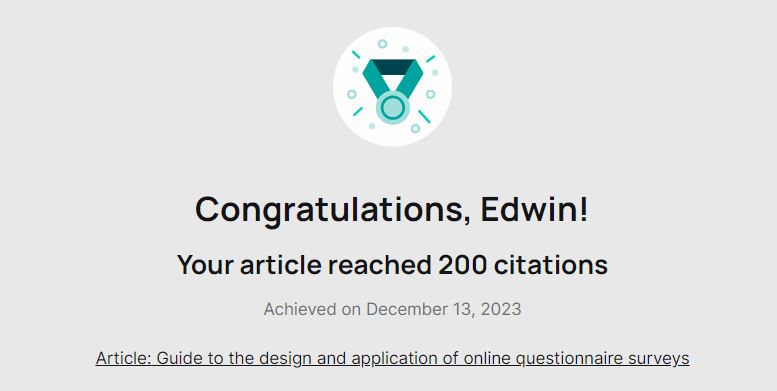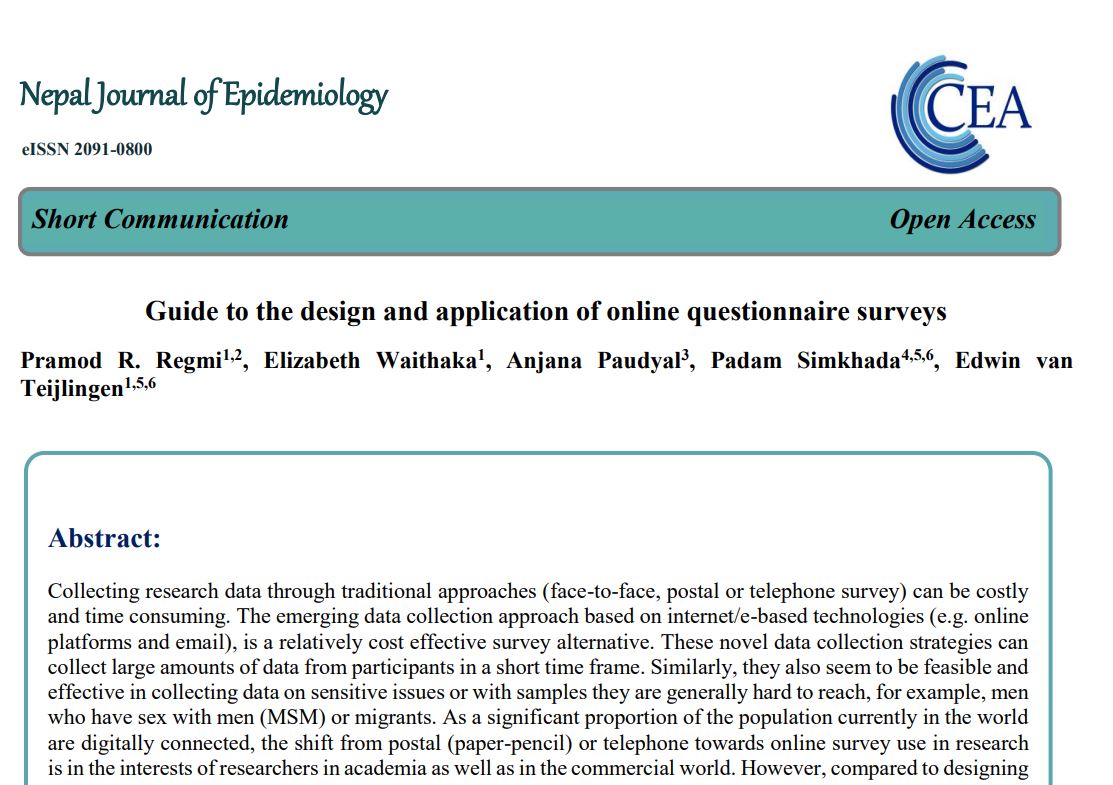 I’ve recently been doing some work to identify what can be done to improve response rates in both qualitative and quantitative research. Although this work was conducted as part of a HEIF4 project and in the financial services sector, the findings are of relevance to anyone conducting research with individuals. Of particular interest to me were those respondents who were not initially apathetic to research and had in the past taken part in surveys and interviews, but who had developed a reluctance to participate over time. What had caused this reluctance and how could response rates be improved?
I’ve recently been doing some work to identify what can be done to improve response rates in both qualitative and quantitative research. Although this work was conducted as part of a HEIF4 project and in the financial services sector, the findings are of relevance to anyone conducting research with individuals. Of particular interest to me were those respondents who were not initially apathetic to research and had in the past taken part in surveys and interviews, but who had developed a reluctance to participate over time. What had caused this reluctance and how could response rates be improved?
Digging into the literature, two pieces of work caused me to stop and think about the whole research context. The first was the work of Pickery, Loosveldt and Carton (2001) who found that the interviewer in the first wave of research was more important than the interviewer in the second wave in terms of the impact on subsequent response rates. If the experience with the first researcher was positive then the respondent was more likely to engage again and vice versa. If we link this finding to the more recent work of Clark (2010) it seems that respondents engage in (qualitative) research for many and various reasons and not just to contribute to knowledge or for altruistic reasons. Some actually enjoy the experience; they enjoy the social comparison and the therapeutic aspect of talking about themselves and their experiences. Participation for these respondents is more about the experience and the value they as individuals gain from the interaction.
In the financial services sector there is always the grim warning that “past performance is no guarantee of future performance”. Of course, there are also no guarantees in research; however in this case there does seem to be evidence to suggest that past performance in terms of the research experience is a good indicator of future performance in response rates. The question now is how do we make the research experience more positive, stimulating and enjoyable from the respondent’s perspective?
References
Pickery, J., Loosveldt, G., and Carton, A (2001) The effects of interviewer and respondent characteristics on response behavior in panel surveys: a Mulit-level approach. Sociological methods and research. 29:509-523
Clark, T. (2010) On ‘being researched’: why do people engage with qualitative research? Qualitative Research. 10: 399-419















 Expand Your Impact: Collaboration and Networking Workshops for Researchers
Expand Your Impact: Collaboration and Networking Workshops for Researchers Visiting Prof. Sujan Marahatta presenting at BU
Visiting Prof. Sujan Marahatta presenting at BU 3C Event: Research Culture, Community & Can you Guess Who? Thursday 26 March 1-2pm
3C Event: Research Culture, Community & Can you Guess Who? Thursday 26 March 1-2pm UKCGE Recognised Research Supervision Programme: Deadline Approaching
UKCGE Recognised Research Supervision Programme: Deadline Approaching ECR Funding Open Call: Research Culture & Community Grant – Apply now
ECR Funding Open Call: Research Culture & Community Grant – Apply now ECR Funding Open Call: Research Culture & Community Grant – Application Deadline Friday 12 December
ECR Funding Open Call: Research Culture & Community Grant – Application Deadline Friday 12 December MSCA Postdoctoral Fellowships 2025 Call
MSCA Postdoctoral Fellowships 2025 Call ERC Advanced Grant 2025 Webinar
ERC Advanced Grant 2025 Webinar Update on UKRO services
Update on UKRO services European research project exploring use of ‘virtual twins’ to better manage metabolic associated fatty liver disease
European research project exploring use of ‘virtual twins’ to better manage metabolic associated fatty liver disease